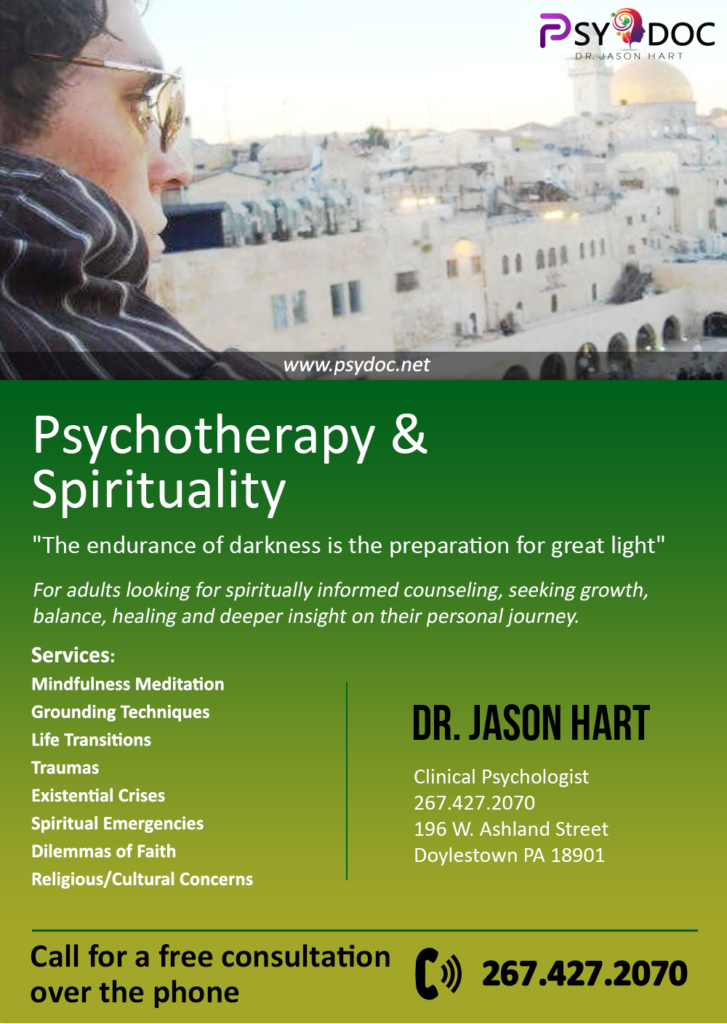
Existential Therapy
General Information
Existential therapy focuses on free will, self-determination, and the search for meaning—often centering on you rather than on the symptom. The approach emphasizes your capacity to make rational choices and to develop to your maximum potential.
The existential approach stresses that:
–o All people have the capacity for self-awareness.
–o Each person has a unique identity that can be known only through relationships with others.
–o People must continually re-create themselves because life’s meaning constantly changes.
–o Anxiety is part of the human condition.
When It’s Used
What else is existential therapy recommended for? Psychological problems—like substance abuse—result from an inhibited ability to make authentic, meaningful, and self-directed choices about how to live, according to the existential approach. Interventions often aim to increase self-awareness and self-understanding.
Existential psychotherapists try to comprehend and alleviate a variety of symptoms, including excessive anxiety, apathy, alienation, nihilism, avoidance, shame, addiction, despair, depression, guilt, anger, rage, resentment, embitterment, purposelessness, psychosis, and violence. They also focus on life-enhancing experiences like relationships, love, caring, commitment, courage, creativity, power, will, presence, spirituality, individuation, self-actualization, authenticity, acceptance, transcendence, and awe.


Friendly atmosphere
for all of your thoughts
Find out more about us
